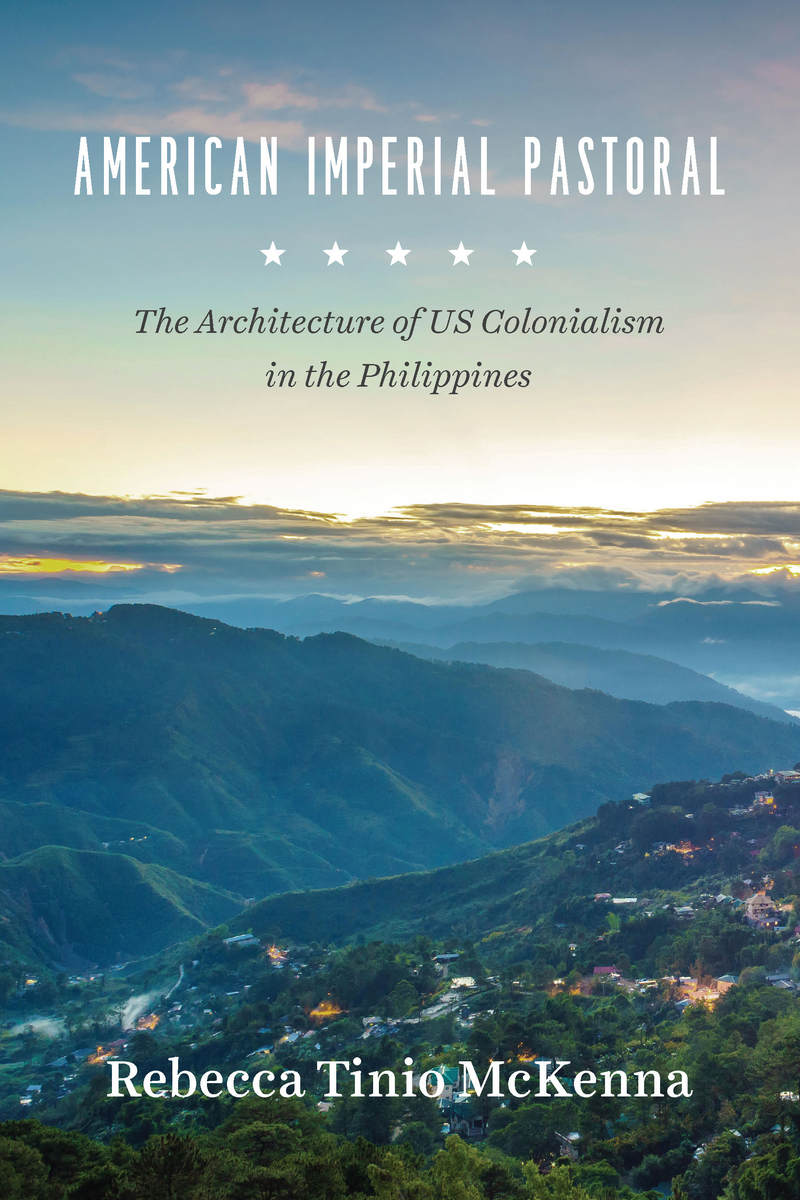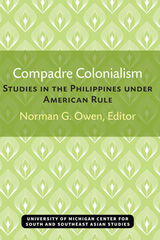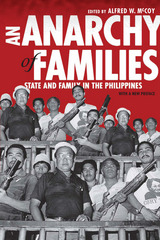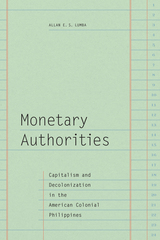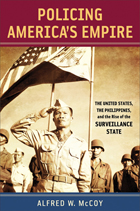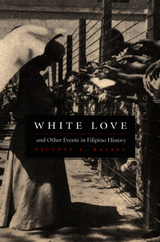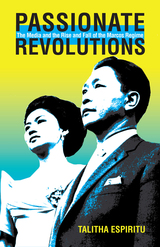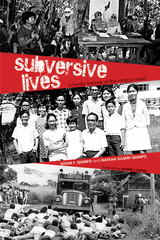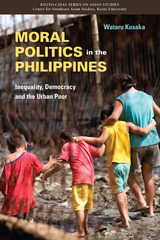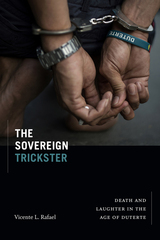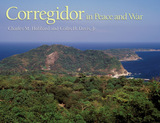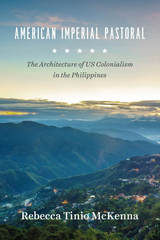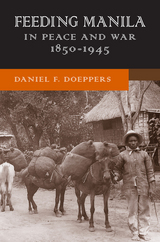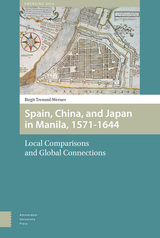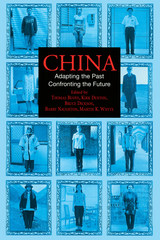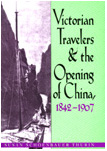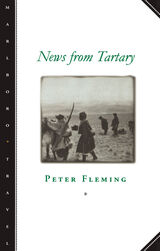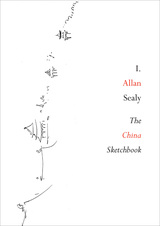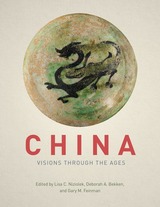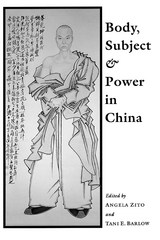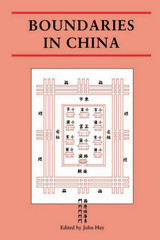American Imperial Pastoral: The Architecture of US Colonialism in the Philippines
University of Chicago Press, 2017
Cloth: 978-0-226-41776-9 | eISBN: 978-0-226-41793-6
Library of Congress Classification DS689.B2M35 2017
Dewey Decimal Classification 959.91
Cloth: 978-0-226-41776-9 | eISBN: 978-0-226-41793-6
Library of Congress Classification DS689.B2M35 2017
Dewey Decimal Classification 959.91
ABOUT THIS BOOK | AUTHOR BIOGRAPHY | REVIEWS | TOC | REQUEST ACCESSIBLE FILE
ABOUT THIS BOOK
In 1904, renowned architect Daniel Burnham, the Progressive Era urban planner who famously “Made No Little Plans,” set off for the Philippines, the new US colonial acquisition. Charged with designing environments for the occupation government, Burnham set out to convey the ambitions and the dominance of the regime, drawing on neo-classical formalism for the Pacific colony. The spaces he created, most notably in the summer capital of Baguio, gave physical form to American rule and its contradictions.
In American Imperial Pastoral, Rebecca Tinio McKenna examines the design, construction, and use of Baguio, making visible the physical shape, labor, and sustaining practices of the US’s new empire—especially the dispossessions that underwrote market expansion. In the process, she demonstrates how colonialists conducted market-making through state-building and vice-versa. Where much has been made of the racial dynamics of US colonialism in the region, McKenna emphasizes capitalist practices and design ideals—giving us a fresh and nuanced understanding of the American occupation of the Philippines.
In American Imperial Pastoral, Rebecca Tinio McKenna examines the design, construction, and use of Baguio, making visible the physical shape, labor, and sustaining practices of the US’s new empire—especially the dispossessions that underwrote market expansion. In the process, she demonstrates how colonialists conducted market-making through state-building and vice-versa. Where much has been made of the racial dynamics of US colonialism in the region, McKenna emphasizes capitalist practices and design ideals—giving us a fresh and nuanced understanding of the American occupation of the Philippines.
See other books on: 1846-1912 | 1898-1946 | Colonization | Modern (late 19th Century to 1945) | Philippines
See other titles from University of Chicago Press
